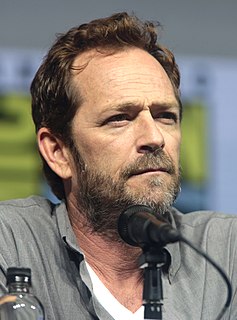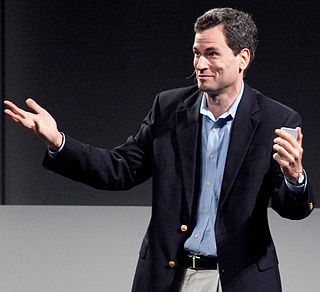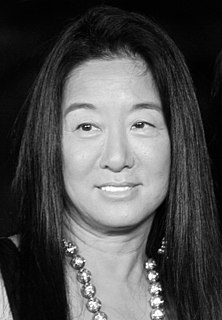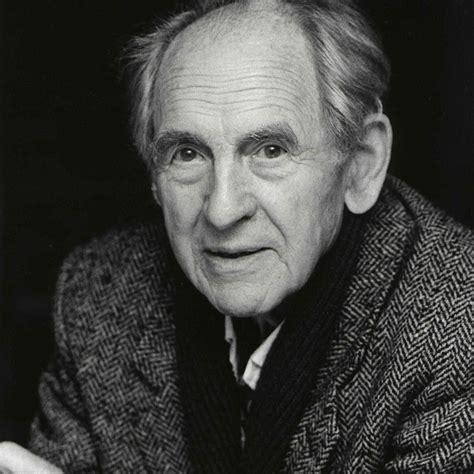Цитата Питера Диамандиса
Самые большие проблемы в мире — это самые большие рыночные возможности в мире. И это огромная вещь. Решите проблемы голода, грамотности и энергии, получите благодарность всего мира и станьте миллиардером в процессе.
Связанные цитаты
Почему бы Apple не остановиться на год и не заняться производством медицинских устройств? Когда люди говорят о технологиях, я начинаю немного нервничать, потому что знаю, что это ключ к решению некоторых из самых больших мировых проблем. Наличие более быстрого и тонкого телефона не является одной из самых больших мировых проблем.
Не хватает профессионалов, чтобы решать мировые проблемы. Врачей никогда не будет достаточно, чтобы решить проблемы здравоохранения в мире. Никогда не будет достаточно учителей, чтобы решить мировую проблему образования - неграмотность. Никогда не будет достаточно миссионеров, чтобы заботиться, утешать и делиться Благой Вестью. Это должны делать нормальные, обычные люди.
Я думаю, что в ближайшие два года будет настоящий толчок в Азии, особенно в Китае и Корее. И это огромное предприятие. Десять лет назад в ту часть света было невозможно пробиться. Некоторым из крупнейших компаний мира пришлось столкнуться с трудностями. Но я американец китайского происхождения, и я думаю, что то, что мы делаем, найдет отклик в Китае. Вот где мы видим наши самые большие возможности в будущем. Я говорю на мандаринском диалекте китайского языка, и мне также знакома жажда Китая по культуре, архитектуре и стилю.
Столкнувшись с мировыми проблемами, такими как голод, перенаселение, ядерное оружие, торговля оружием, вы можете быть среди тех, кого переполняет чувство: «Помогите! Что, черт возьми, я, всего лишь один человек, могу с этим сделать?» Мужаться. Это разумный ответ. Это основа совершенно нового отношения к мировым проблемам, когда изменения на уровне индивидуума все больше и больше признаются необходимыми для изменения огромных мировых систем.
Я надеюсь, что наука о климате станет большой вещью. А потом я хочу, чтобы инженеры-электрики решали мировые энергетические проблемы, проблемы распределения энергии. Я хочу, чтобы инженеры-механики улучшали транспортные системы. Я хочу, чтобы инженеры-химики разработали более совершенные солнечные панели и так далее.































